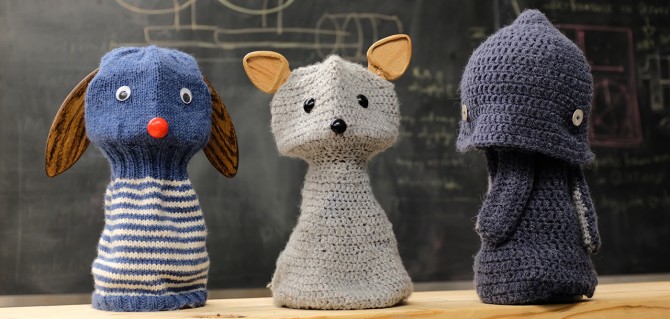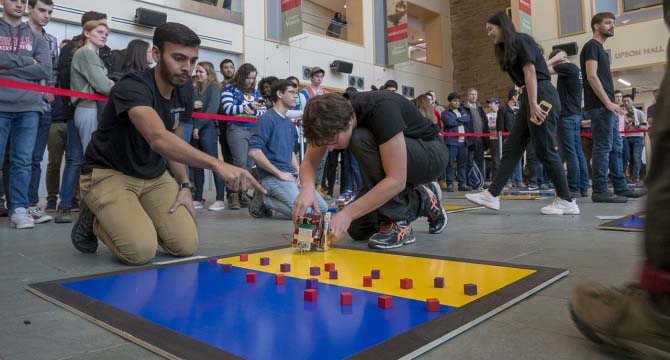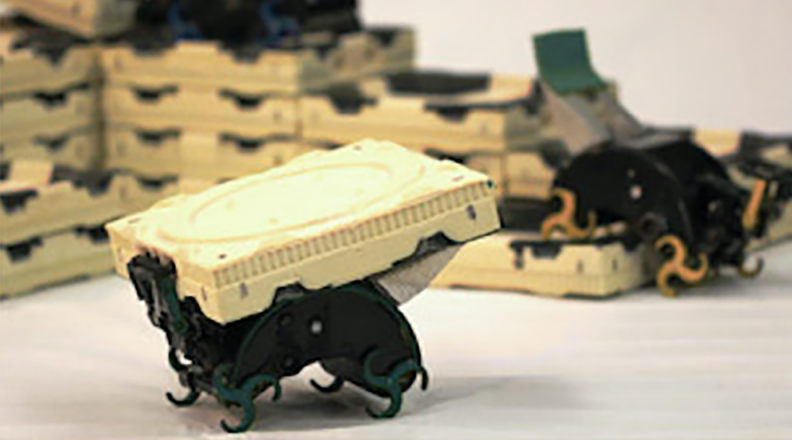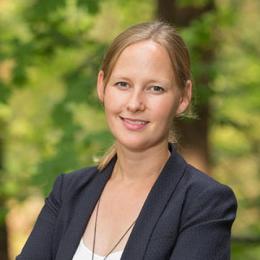
Explore Robotics
At Cornell, Robotics is more than the study of robots. Cornell engineering is on the cutting edge of technology with core robotics research being conducted in aeronautics, human/robot interaction, autonomous vehicles, automation, machine learning and artificial intelligence. Intelligent robots will assist with manufacturing, provide help to those with ailments, and drive us home after a long day at work. Industry will look to develop robots to help minimize risks, become more efficient, and carry out tasks that are not suitable for humans. The future is here, let’s break some rules together.
Why collaborate with Cornell Engineering?
“Because the school has such a great engineering program,” says Ken Bogursky, Senior Manager of Mechanical Development at ASML “We have a lot of mechanical and electrical engineers, some software engineers from Cornell,” adding that approximately 25 of the 150 engineers in his department went to Cornell.
“We have some ongoing research collaborations with Cornell, but this is a step forward to a stronger partnership,” says Francesco Ubertini, MUNER center co-director and rector at the University of Bologna, about the Cornell partnership to the Motorvehicle University of Emilia-Romagna (MUNER), “and I’m very satisfied because Cornell is a top-level, high-quality university.”
Here are a few examples of how we have partnered with private and public entities.
 Soft, social robot brings coziness to home robotics
Soft, social robot brings coziness to home robotics
Google-sponsored project
will put these robots in
classrooms to help
teach math to fourth graders.
 Robotics Day attracts scores to Duffield Atrium
Robotics Day attracts scores to Duffield Atrium
ASML sponsored
Mechatronics course
highlighted during
Robotics Day.
 Cornell robotics startup revolutionizes hospitality
Cornell robotics startup revolutionizes hospitality
Inspired by the television show
The Jetsons, Maidbot is a robot
created to assist hotel room attendants
with housekeeping tasks.
Featured Researchers

Mark Campbell
Campbell Research Group
Expertise: Estimation theory; control for autonomous and semi-autonomous systems

Kristin Hagelskjaer Petersen
Collective Embodied Intelligence Lab
Expertise: Bio-inspired robotics; soft robotics; swarm intelligence; bio-cyber physical systems; autonomous construction

Guy Hoffman
The Human-Robot Collaboration & Companionship
Expertise: Human-robot interaction; joint activities, teamwork and collaboration, interaction fluency, companions, non-anthropomorphic robot design
An Integrated System for Perception-Driven Autonomy with Modular Robots
A Cornell-led team has developed modular robots that can perceive their surroundings, make decisions and autonomously assume different shapes in order to perform various tasks – an accomplishment that brings the vision of adaptive, multipurpose robots a step closer to reality.

